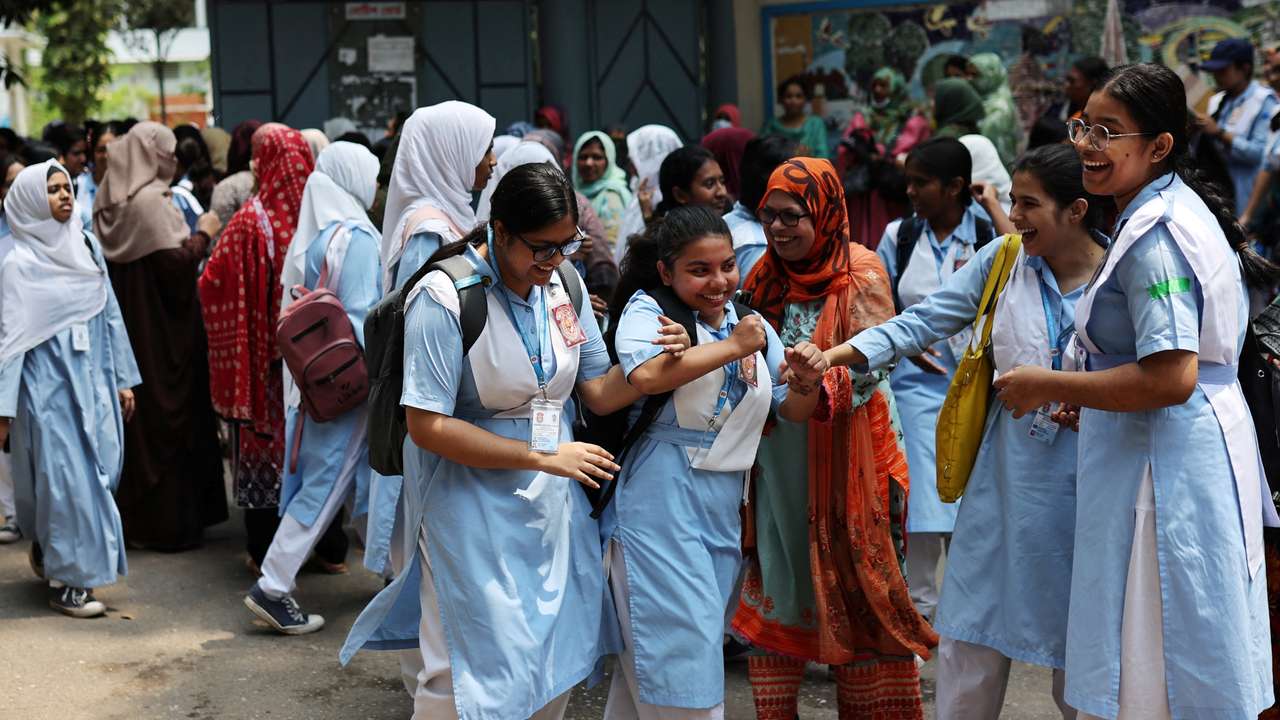Bangladesh reopens schools as searing temperatures drop

Bangladesh reopens schools as searing temperatures drop
By Ruma Paul
Schools in Bangladesh reopened on Sunday and classes were continuing over the weekend after a searing heatwave a week ago that suspended lessons as the country baked in temperatures that surged to well over 40 degrees Centigrade.
Bangladesh has wavered over reopening schools for some 33 million students amid pressure to prepare pupils for exams, even as the worst heatwave in seven decades sent temperatures as high as 43.8 C (110.84° Fahrenheit) last week.
Many people have died across the region, and experts warned the heat could exacerbate inequalities, widen a learning gap between developing and developed nations in the tropics.
Bangladesh, which follows the Islamic work week from Sunday to Thursday, will hold classes on Saturdays until further notice, the education ministry said. Education Minister Mohibul Hasan Chowdhury has said schools would open on Friday if needed to complete the curriculum.
Parents have welcomed the decision.
"Children don't want to study at home. This will help them make up for the loss," said Fatema Akhtar, who was waiting to pick up her grade-two daughter outside a school.
Scientists have said climate change is causing more frequent, severe, and lengthy heat waves during summer months.
The U.N. children's agency has estimated that one in three children, or nearly 20 million children, in low-lying Bangladesh bear the brunt of such climate change every day.
Separately, a fire that broke out amid the heatwave on Saturday and spread across three acres of the Sundarbans, the world's largest mangrove forest that is home to the Royal Bengal tiger, was brought under control on Sunday, officials said.
Intense heatwaves have caused water shortages and frequent power cuts, hitting the key apparel sector which accounts for more than 80% of exports and supplies retailers such as H&M, Walmart and Gap Inc.
This article was produced by Reuters news agency. It has not been edited by Global South World.